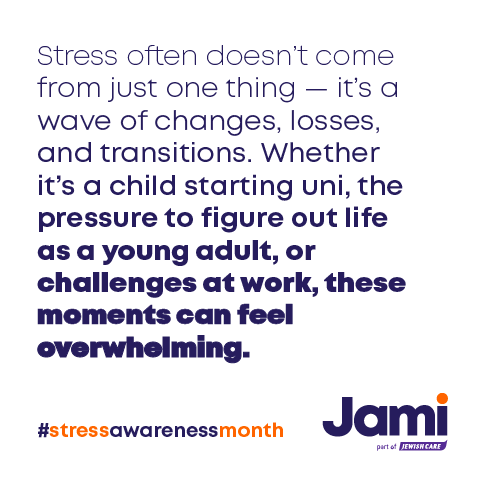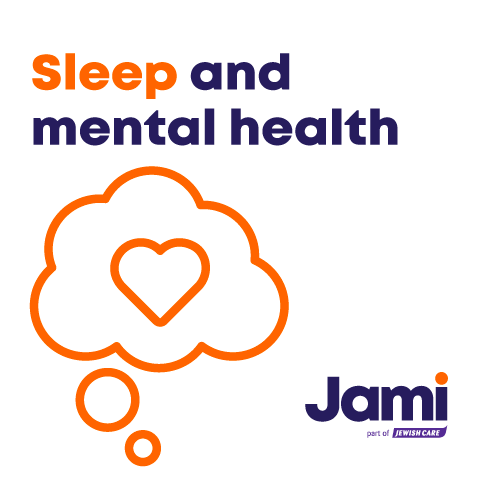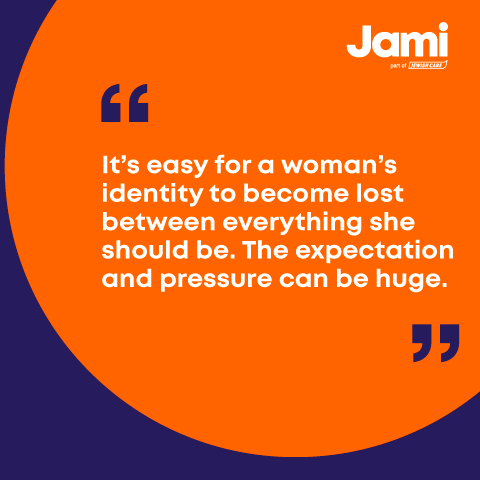
Blog by Emma Dorman, Jami Education
Many of us are excited for Covid restrictions to lift. We feel ready to socialise, be part of a group, to travel and return to the office. Many of us are also hesitant. Our enthusiasm is tinged with worries around how safe we will feel, what socialising will be like and what life may look like post-pandemic. Some of us may not feel ready at all. Whatever our feelings and concerns, these reactions are normal. Even if we do not know how we feel, that’s okay too.
The past 16 months have been a time of transition and we know that change can be hard to manage. Most of us find uncertainty uncomfortable. Change deprives us of the familiarity and routines we find grounding and comforting. We need to be aware of the constant flux we have experienced and that as restrictions end, we are still finding our feet. Even if we’re ready to jump in headfirst, we may wish to be thoughtful about this next stage.
Easing in
Taking things slowly allows us time to acclimatise at our own pace and acknowledge that some of us will need more time than others. A gradual return will protect our wellbeing by not taking on too much too soon.
Adjust at our own pace
It is important to normalise different timelines for change. When restrictions lift, we may not want to be left out and may agree to more – or larger – social occasions than we are comfortable with; or to return to a busy office before we’re ready just to avoid a difficult conversation. We need to consider our comfort zones ahead of time and decide what our boundaries are. Be prepared and we’re less likely to make a snap decision and compromise our boundaries.
It’s okay not to be ready
We can think about what we will share with people, using ‘I’ statements to share our thoughts. (Sharing thoughts using ‘I’ statements is a strategy that focuses on our feelings). Remember we don’t have to justify not being ready and it’s okay if we don’t know when we will be ready. Suggest some alternatives to plans, an outdoor meal instead of indoors, for example. If we find it hard to say ‘no’ to people, experiment with saying ‘not yet’. This may ease fears that if we don’t attend, we won’t be invited next time.
Retain new routines
With more time on our hands during lockdown, we invested in ourselves and new habits and hobbies, many of which looked after our mental health – helping us re-frame self-care as a necessity rather than a luxury. We began new exercise regimes, experimented with creativity, discovered new communities and renewed our relationship with the great outdoors. But how can we retain these habits post-lockdown when we lose that commute time, or our social diary fills up? Diarise them if need be; block out space in your calendar; find an accountability buddy to discuss your progress with; or attach it to an existing part of your routine. Get creative with your kids, friends or family. Listen to a podcast whilst you clean or get off public transport a stop early and walk.
Check in
Lastly, be mindful of the impact this change may have on us and be kind to ourselves. Part of this is taking things slowly, but also checking in with our mental health. How are we finding things? Ask what is difficult or easier than expected. Are we ready to push ourselves or do we need to take a step back? And most of all, do we know where to turn if we need support?
Jami is the mental health service for the Jewish Community. If you need support or are supporting someone who needs help, visit https://jamiuk.org/get-support/ or contact 020 8458 2223.
If you are struggling to cope or need immediate help, contact Shout’s 24/7 crisis text service. Text Jami to 85258 for free, confidential support.
For free, safe and confidential online counselling and emotional wellbeing services for adults, contact Jami Qwell at https://www.qwell.io/jami


